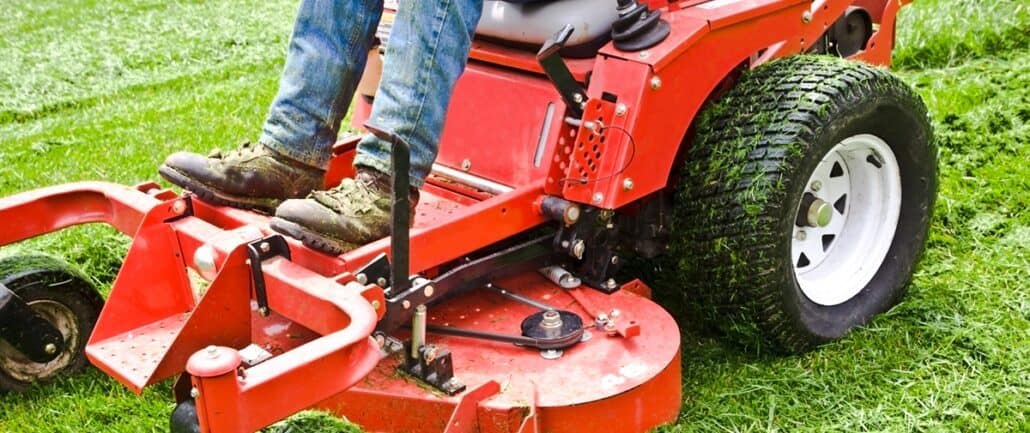
Investigative Article: Uncovering the Truth About Gang-Related Charges in Arizona
Gang-related charges are not to be taken lightly, as the consequences can be severe. In Arizona, being affiliated with a gang can result in harsh penalties, including imprisonment and hefty fines. Gangs are often associated with criminal activity, violence, and intimidation, which is why the state has taken a strong stance against them.
What is Considered Gang Affiliation in Arizona?
Arizona law defines a criminal street gang as "a formal or informal ongoing organization, association, or group that has at least one primary activity that is the commission of one or more of the criminal offenses." A person is considered to be affiliated with the gang if they participate in the gang's activities or have been identified as a gang member by a reliable source.
What are the Threat and Intimidation Laws in Arizona?
Threats and intimidation are prevalent in gang-related activities. Arizona law prohibits threats and intimidation against witnesses, victims, or law enforcement officers. If you are accused of making threats or engaging in intimidation, you could face serious charges and penalties.
What is the Difference Between a Gang and a Criminal Syndicate?
While gangs and criminal syndicates share similar characteristics such as engaging in criminal activities, they are not the same. A criminal syndicate is an organized group of individuals who engage in criminal activities for profit. They operate in secrecy and have a hierarchical structure. Gangs, on the other hand, may participate in criminal activities, but their primary activity is not necessarily profit-driven.
What Are Defense Strategies For Gang-Related Charges?
If you have been charged with gang-related offenses, there are defense strategies available to you. One approach is to prove that you were not affiliated with the gang. Another strategy is to argue that your actions were not done to promote the gang's criminal activities. A criminal defense lawyer can help you determine which defense strategy is best for your situation.
FAQs on Arizona's Gang-Related Laws
It is natural to have questions about Arizona's gang-related laws, especially if you are facing charges. Some of the most frequently asked questions include:
- What is the punishment for gang-related activity in Arizona?
- Can minors be charged with gang-related offenses?
- What evidence can be used to prove gang affiliation?
- What is a RICO charge?
How Kolsrud Law Can Help If You've Been Charged
If you're facing gang-related charges in Arizona, you need a criminal defense lawyer on your side who understands the complexities of these cases. The attorneys at Kolsrud Law Offices have extensive experience representing clients in gang-related cases and can help you develop a solid defense strategy. They can also guide you through the legal process and provide you with the support you need during this challenging time.
Don't let gang-related charges ruin your life. Contact Kolsrud Law Offices today for a free consultation.






